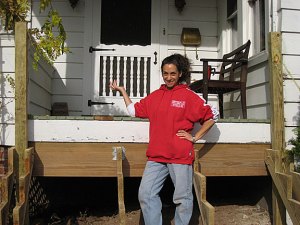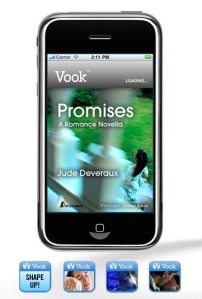I walked rather blindly into writing historical fiction. Or perhaps it walked into me. For example, I was ignorant to its stigma as a genre, kindred to those other literary stepchildren, science fiction and fantasy. I had never read what Hilary Mantel, winner of this year’s Booker Prize for her historical novel Wolf Hall, calls, “chick-lit with wimples”. Instead, my imagination was formed on books like The Secret Garden, Little Women and Black Beauty. As I grew older, I sank my teeth into Thomas Hardy, Jane Austen, Charles Dickens and Shakespeare. I never really worried that these authors, for the most part, weren’t writing about the distant past. In many of their works, they were portraying fairly contemporary worlds.

But for me, their stories spoke of history, different values, different customs and lifestyles, different ways of thought. If these novels and plays which so captured my imagination at very impressionable times in my life formed my eventual passion for writing about history, then call it a curse or a gift. What I’ve learned is that we rarely choose our stories or even our genres. More often than not, they choose us.
Hilary Mantel writes in a recent article in The Guardian: “A novel arrives whether you want it or not. After months or years of silent travel by night, it squats like an illegal immigrant at Calais, glowering and plotting, thinking of a thousand ways to gain a foothold. It’s useless to try to keep it out. It’s smarter than you are. It’s upon you before you’ve seen its face, and has set up in business and bought a house.”
There is no invalid topic, style or genre. There is only what bangs loudest at the door of our minds, that forces us to pick up a pad and pen or open a computer file at odd hours of day or night, tapping out nonsense that somehow coalesces into meaning for us and hopefully for others.
Each writer is unique and so is the “immigrant” that bangs at the door. Let’s welcome each of them in, make up a bed and be grateful when they stay a while.




